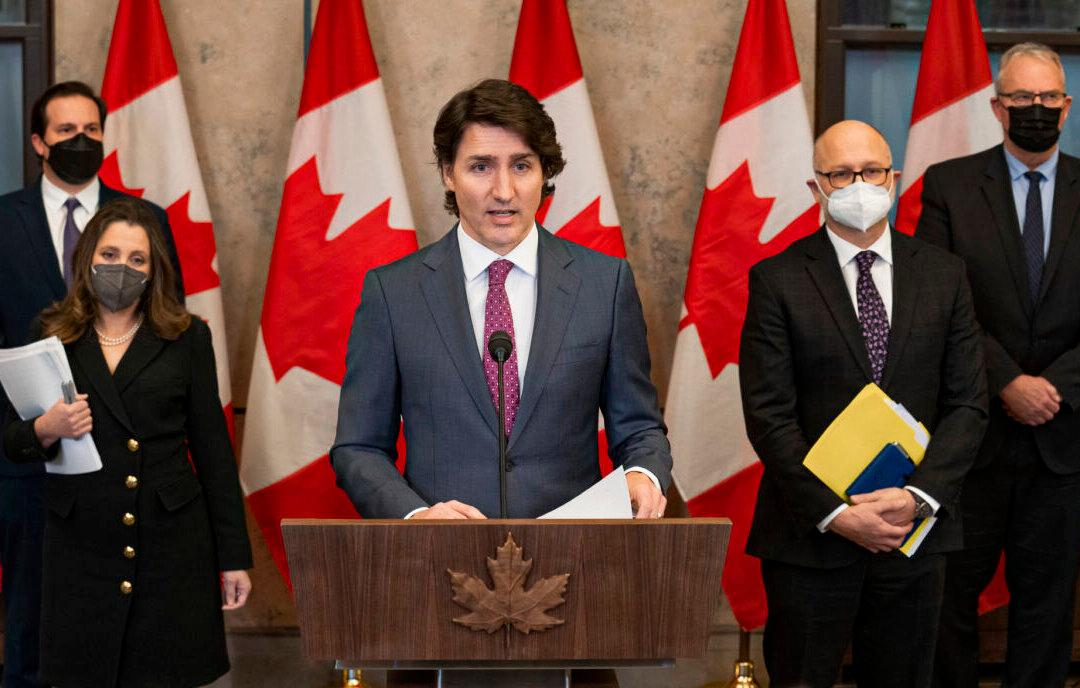VANCOUVER—While some activists laud B.C.’s move to ease the process of changing gender markers on provincial identification cards, others criticize the move as being political rather than evidence-based health-care policy, which they say could be harmful.
On Jan. 14, the B.C. government said transgender, two-spirit, and gender-diverse adults can now declare their own gender designations on their driver’s licence, BC Services Card, BCID and birth certificate without consent from a doctor or psychologist.





